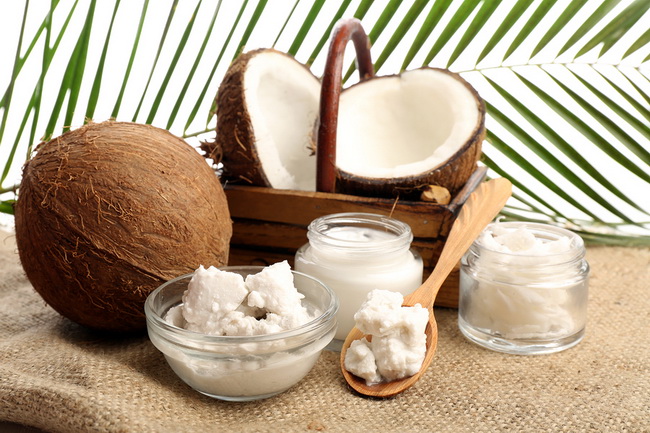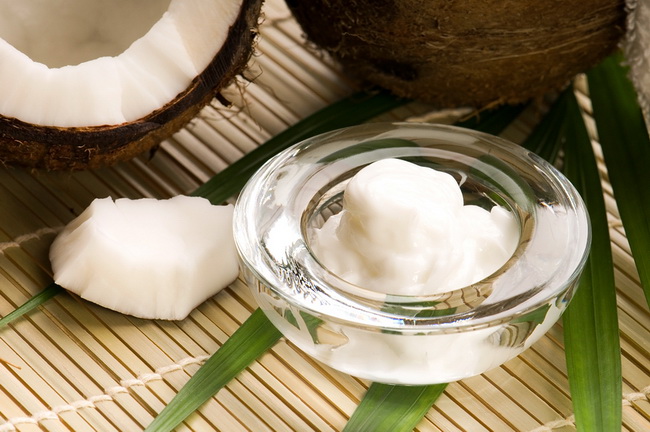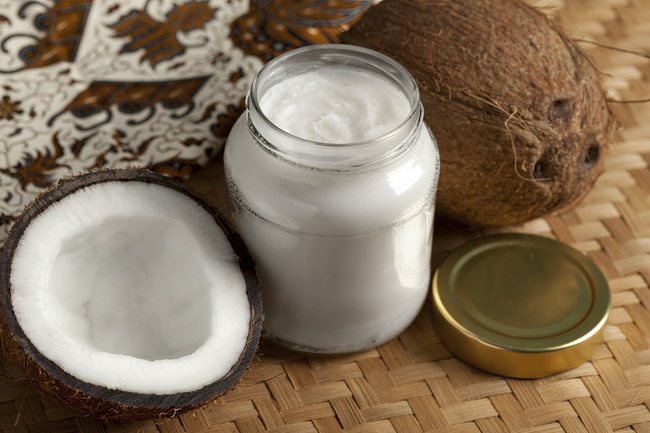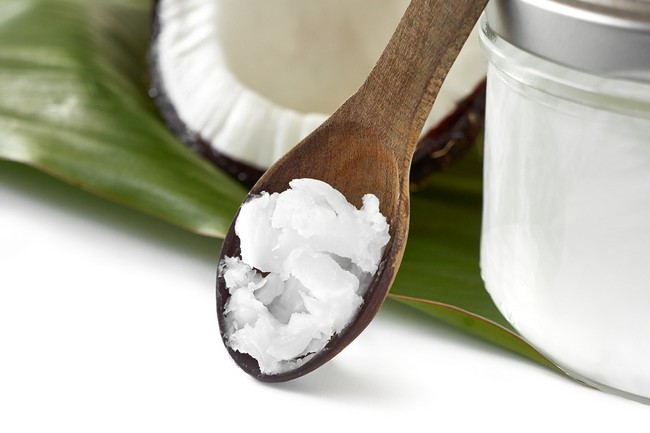- Make It Yourself Lavender Heart-Shaped Bath Bombs!
- 20 Things You Never Knew About “Down There”
- 12 Best Foods For Those Suffering From Arthritis Pain
- 12 Personal Hygiene Mistakes Almost Everyone Makes (Mom Never Told You About #4!)
- 15 Medicinal Plants And Herbs From The Cherokee People
- 12 Mind-Blowing Benefits Of Drinking Coconut Water During Pregnancy
- 12 Outstanding Winter Foods That Won’t Fatten You Up Like A Christmas Turkey
Eating Just One Ounce of This Can Do Crazy Things to Your Weight

Photo credit: bigstock.com
Would you like to drop those last 10 pounds, or maybe your first 10 pounds? Maybe you would just like to be sure that you don’t gain any more weight, but counting calories is such a hassle, and honestly, who has time to drag out a little scale and weigh things before you eat them?
What if we told you that you could drop a few pounds, or maintain your current weight simply by adding one little ounce of one particular food? What if we told you that studies prove that this works, almost like magic, but that it’s not a magic pill or an exercise, but a common food that’s gotten a whole lot of attention lately?
What if we told you this weight loss food was coconut oil? That’s right. Coconut oil.
Coconut oil was used to be added to almost everywhere for cooking, but then it got a bad reputation for a while, as health advocates stated that people should avoid coconut oil due to the high content of saturated fat it contains.
Today, we now know a great deal more about coconut oil and we realize that this oil is like nothing else on earth, therefore, how our bodies process it is different than the way it processes anything else on earth.
Continue to Page 2

Photo credit: bigstock.com
What are we talking about?
Well, coconut oil really is loaded with saturated fat. About 90 percent of the fat in coconut oil is saturated fat. However, scientists say that this fat is mostly made from the medium chain saturated fatty acid called lauric acid that is really beneficial on the heart, unlike other saturated fats.
Many other countries, such as the Philippines and India, eat many coconut products, including coconut oil. The people of these countries have fewer weight problems and almost no heart disease when compared to persons who eat a more westernized diet.
SEE ALSO: Beyond Fat, Western Diets Make Us Stupid Too!
When you want to lose weight, keeping your metabolism high is a big deal. The faster your metabolism, the more calories you will burn, without even trying. Coconut oil is a thermogenic food, to put it in other words it heats up your metabolism while you are eating, thus helping you to burn fat and calories.
Several other studies show that the fat that people lose is typically around their middle, belly fat, the most dangerous type of fat.
Continue to Page 3

Photo credit: bigstock.com
What does science have to say about this?
During one of many studies, subjects were told to consume 1 or 2 tablespoons (which is one ounce) of coconut oil each day. These subjects were found to have burned an extra 120 calories each day, without doing anything else and making no other changes other than adding coconut oil to their diets.
Another study took 31 overweight people who were told to consume a tablespoon of either olive or coconut oil each day for a period of four months. Women were told to consume 1 tablespoon, men 2 tablespoons. After the four month trial period, the group who consumed coconut oil lost, on average, 7 pounds. The group that consumed olive oil lost two times less. Scientists believe that the difference was due to the increased metabolism of those who ate the coconut oil.
There are also studies involving animals that show that the medium chain fats found in coconut oil are stored less effectively than other types of fats. One study showed that rats were overfed with either medium chain or long-chain fats. Rats that received the medium chain fats gained 20 percent less weight and 23 percent less body fat than the other rats, even though the calorie count was the same.
The best time to consume coconut oil is about 30 minutes before meals. This gives your body time to raise your metabolism as well as making you feel fuller so that you eat less.
Another study involving 14 healthy men, found that when they consumed coconut oil at breakfast, they ate significantly fewer calories at lunch time. Another study showed that when 6 healthy men at high amounts of coconut oil, they automatically consumed 256 fewer calories each day.
Keep in mind that coconut oil does contain calories but we aren’t talking about adding coconut oil to your diet in addition to your other foods, but rather by replacing some of your other fats with coconut oil, you can lose weight more easily.
Continue to Page 4

Photo credit: bigstock.com
Roast some vegetables such as zucchini, butternut squash, or beets, and brush them with some coconut oil mixed with lemon juice and thyme for extra flavor. You can replace anything that uses butter with coconut oil instead, such as baked goods, toast, or muffins. If you love nut butters, make your own healthy version. Grind two cups of almonds and cashews, add two tablespoons of coconut oil into the nuts powder, and then blend until the ingredients are smooth and buttery. You can also add some honey or cinnamon to add an interesting flavor. Add this nut butter on your morning toast, bagels, or English muffins for a super delicious breakfast. Try adding some coconut oil to your morning coffee instead of cream for a unique taste that can help boost your metabolism all day long!
Which coconut oil should you buy?
There are really only two types of coconut oil– virgin and refined. Virgin coconut oil is made by pressing the fresh meat of the coconut, the milk, or the milk residue, to get the oil. Refined coconut oil is made from the dried kernel of the coconut and is generally chemically treated to extract the oil. Always choose virgin coconut oil, as it contains no chemicals and has not undergone any unnecessary processing.
Keep in mind that you only need about 2 tablespoons to get all the weight loss benefits of coconut oil. No matter how healthy it might be for you, your diet should still consist of mainly whole, natural, organic fruits and vegetables.
References:
































